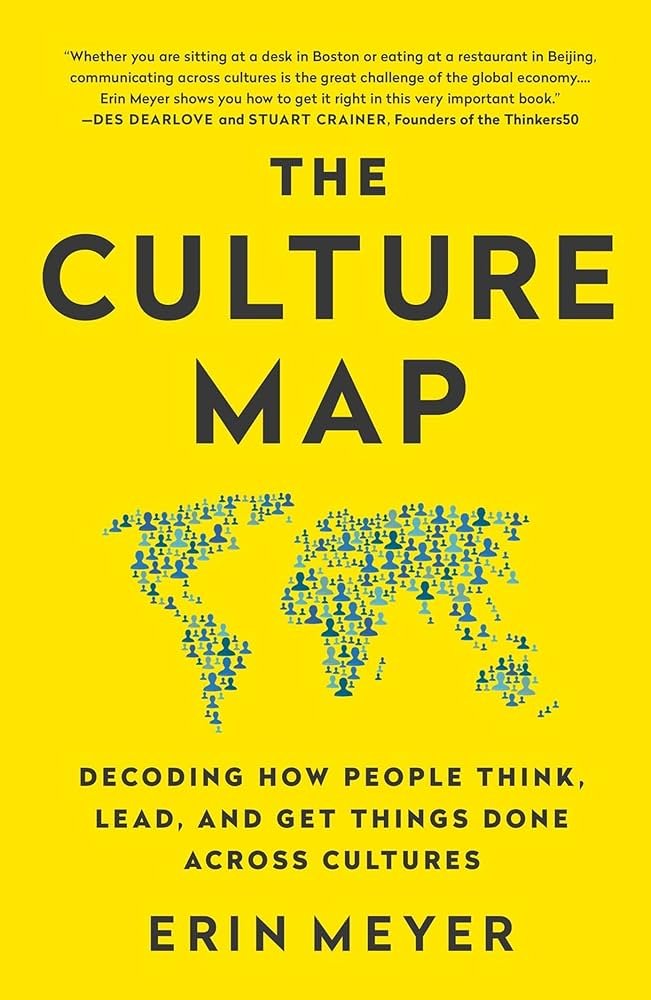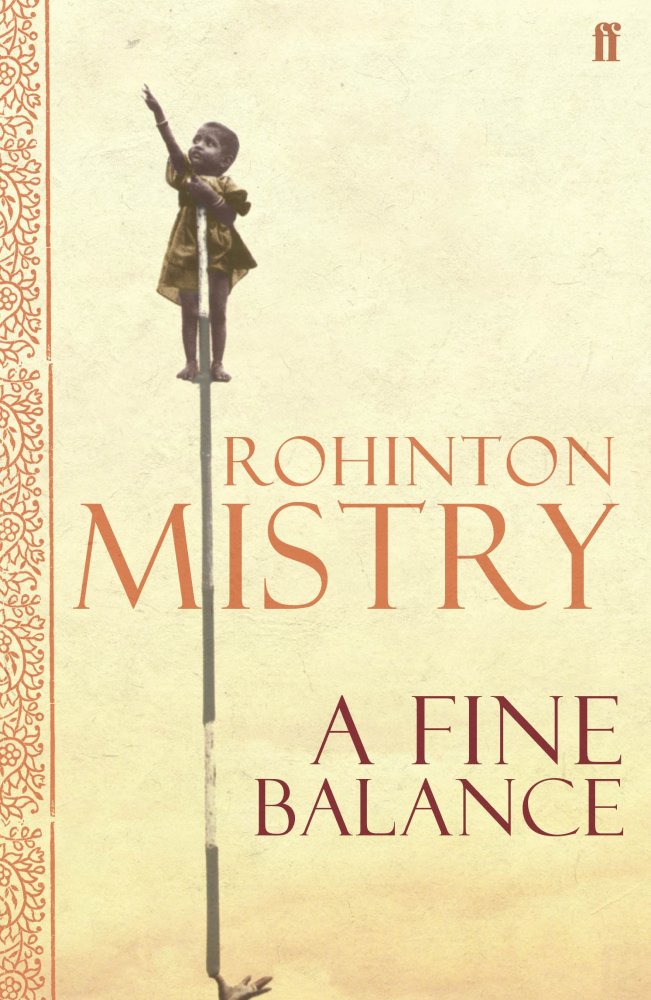Jasmine is a Strategist, Copywriter, Designer and Illustrator based in Sydney, originally from Jakarta. She’s worked at Ogilvy, BBDO and Thinkerbell to create campaigns for brands like KFC, American Express, Coca-Cola, IBM, Furphy, and CGU. Her work has been recognised by D&AD, Cannes, Effies, AWARD, and The One Show.
She’s currently the Creative Strategy Lead at Nakatomi, a startup that builds startups.
Talk to her via email, Instagram, LinkedIn, or by writing a note on the inside of a pizza box and sending it to her office.
Let’s open with some house rules.
-
The problem presented is not always the real problem. Your competitors are not always your real competitors. Your target audience is not always your real audience.
Data can’t always capture the things we observe and know as participants in culture.
There’s no such thing as free will — everyone’s pushed to act, love, and live a certain way by external forces.
If you’re not incredibly, giddily, absurdly, excited about your solution, it’s the wrong one.
Look for the seemingly unrelated catalyst behind mundane behaviours and trends.
-
It takes two people to come up with a great idea. The third person can either ruin it or make it better. Choose the right third person.
Good design can’t hide bad product strategy, and good product strategy can be annihilated by bad design.
Take it from a writer — most people don’t read. Once you put words on something, you're already narrowing your audience down to a specific subset.
Being clever isn’t always smart.
-
When in the grocery store, always be grateful we no longer have to hunt wild animals for food. It makes shopping magical.
Your defining perfume or cologne should evolve as you do. Having one ‘for life’ can keep you rooted to a persona you no longer have.
The more music genres you listen to, the more open you tend to be towards people and new experiences – so listen to a bit of everything.
In a conversation, every topic is fair game.
Curiosity is much more important than intelligence.
In a nutshell.
I started as a Copywriter in advertising. Like others in the field, I stumbled into it. I studied film at uni, loved to write and design, and enjoyed influencing culture. In a triple Venn diagram, advertising was smack dab in the middle.
Seven years later, after selling many ideas to clients, goods to people, and my soul to the machine, I decided it was time to shift gears.
My next move was to a health-tech startup, working for their in-house skincare and reproductive health brands. It was then that I saw the possibilities of product development. To me, that's where the magic happens — where decisions ultimately matter.
I realised creativity was just one part of the equation. I needed to shape the businesses I worked on, not just sell them.
Luckily, I found a place that allows me to do both.
As a Creative Strategist, I now work with startups and established companies to help them craft, validate, and build never-before-seen solutions. From achieving product-market fit to producing MVPs to launching creative campaigns — I work closely with our engineers, software developers, and designers to bring bold ideas to life. My background in advertising gives me a deep understanding of consumer preferences and motivations, allowing me to anticipate and address their needs during the initial stages of development.
Most of my thinking is rooted in sociology and anthropology, with a dash of evolutionary psychology. I’m deeply drawn to exploring trends and culture, especially the relationship between people and everyday rituals. I find that the world is full of patterns. Once you start recognising them, everything becomes infinitely more fascinating — and a little more predictable.
Got fifteen minutes? Read one of my stories.
One Less Person
Tell Me About Your God
Stig & Taras
After Death



















